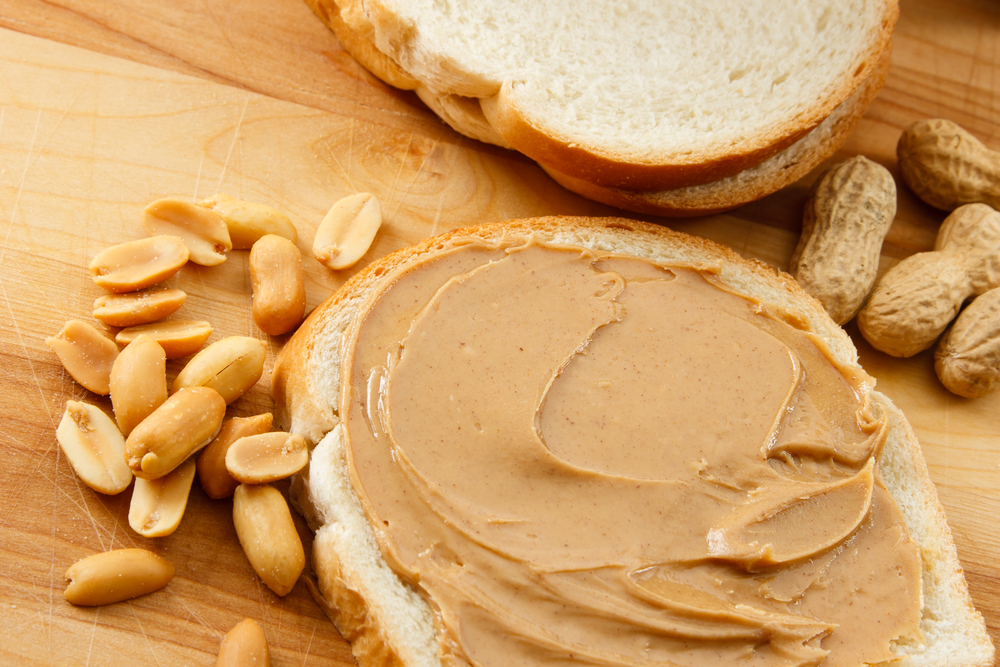What Are the Most Common Food Allergies?

Question: What are the most common food allergies?
Answer: Foods that produce most allergic reactions in adults include fish, shrimp, lobster, crab,peanuts, eggs and tree nuts such as walnuts and pecans. Common children's allergic reactions are caused by eggs, milk, wheat and peanuts.
A true food allergy is an abnormal response by your immune system to certain foods. All reactions to foods are not allergies. When you have a reaction that doesn't involve the immune system, this reaction is called food intolerance.
For example, if you don't have enough of the enzyme lactase, it is difficult for you to digest lactose, the main sugar in milk products. Lactose intolerance can cause bloating, cramping, diarrhea and excess gas.
If you have a food intolerance, you may be able to eat a little bit of problem foods safely. However, if you have a true food allergy, even a tiny amount of food may set off an allergic reaction.
Food allergy symptoms can strike within minutes of digestion. Some allergy reactions are troublesome but not threatening. However some allergies can be lethal.
Common symptoms for food allergies are: a tingling in the oral cavity, itching, hives, eczema, facial and oral swelling, difficulty breathing, wheezing, nasal congestion, abdominal pain, diarrhea, nausea, vomiting, dizziness and fainting.
Sign up for the Live Science daily newsletter now
Get the world’s most fascinating discoveries delivered straight to your inbox.
If you have a severe reaction known as anaphylaxis, the dangerous symptoms are: narrowing of your breathing airways, shock, dramatic drop in blood pressure, rapid pulse and becoming unconscious. If you have any of these symptoms, get immediate medical attention.
If you have anaphylaxis, you may need an adrenaline injection. If you have a severe allergy, your doctor may prescribe an injectable that you can carry around.
Exercise can trigger an allergic reaction to a food. In severe cases, it can cause anaphylaxis. This allergy can be prevented by avoiding food for two hours before exercise.
There is an oral allergy syndrome caused by some fresh fruits and vegetables. The reaction is usually mild and makes the mouth itch or tingle.
If allergies such as hay fever are common in your family background, you are more likely to have food allergies. A child who has one parent with an allergy has about a 50 percent chance of developing an allergy. If both parents suffer from allergies, the child has about a 70 percent chance of developing an allergy.
The only surefire way to avoid food allergies is to stay away from foods that bother you.
For mild allergies, you can take antihistamines to control your reaction and help relieve discomfort.
If you have a food allergy, here is some advice:
- Study all food labels.
- Watch everything you eat and drink carefully to insure that the foods that trouble you are not hidden somewhere in your meals. This is especially important in restaurants.
- If you have a severe allergy, you should wear a medical alert bracelet or necklace with information about your condition to help emergency medical technicians if you can't speak. Also, talk to your doctor about carry injectable adrenaline.
- If you have asthma, be on guard against sulfites. In restaurants, ask if sulfites have been added to foods. In the supermarket, check labels for the terms sodium bisulfite, potassium bisulfite, sodium sulfite, sulfur dioxide and potassium metabisulfite.
If you have a question, please write to fred@healthygeezer.com
All rights reserved © 2011 by Fred Cicetti
More from the Healthy Geezer:









